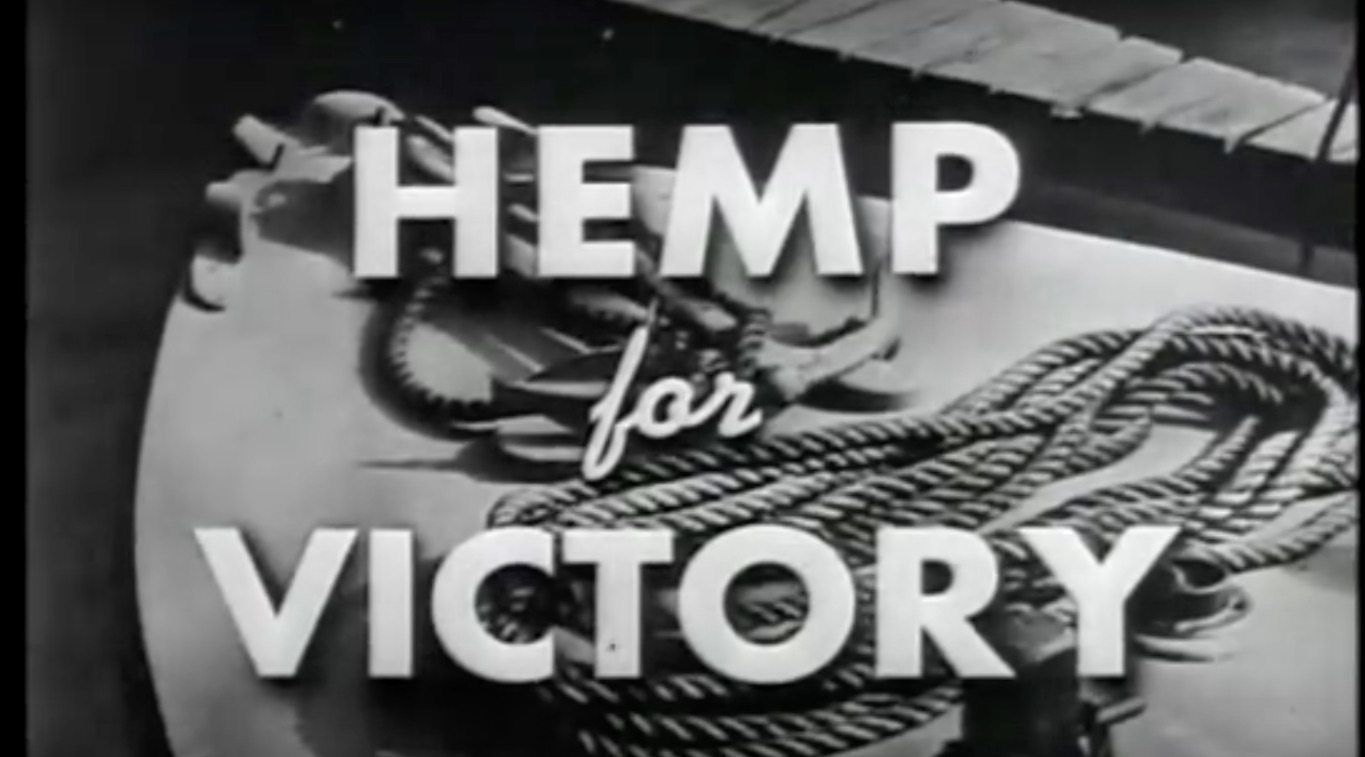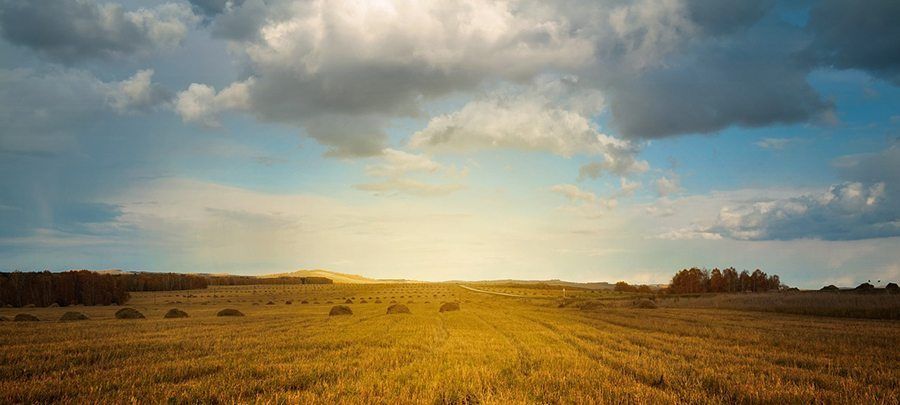Today, over 90% of the world’s paper is made from wood pulp. Why we continue to use wood to produce paper, however, is slightly perplexing. Trees contain relatively low cellulose and need to be heavily processed in order to create a decent final product. Hemp, on the other hand, provides a much more reliable, stable, and cheaper alternative.
WHAT IS HEMP AND HOW IS HEMP PAPER MADE?

Hemp is a variety of the cannabis sativa plant which is specifically grown for a variety of industrial purposes. It technically belongs to the same plant species as cannabis sativa, which is used to produce marijuana.
However, hemp boasts a different biochemical makeup and contains lower concentrations of THC, the main psychoactive compound found in marijuana, and higher concentrations of other cannabinoids, like CBD, which is often praised for its medical potential.
Hemp is an extremely versatile and fast growing plant, and can be used to make clothing, textiles, plastics, paint, biofuel, food, and paper. Hemp paper is produced in a much similar way to regular paper, but uses pulp from hemp plants rather than trees. These fibers are boiled, beaten, or shredded into tiny fibers. They are then processed to make a pulp, which is then spread into sheets, pressed, and dried to make paper.
USES FOR HEMP PAPER
Hemp is a much more suitable plant for the production of paper, as it contains much higher percentages of cellulose. Cellulose is what gives plants their structure, and the higher a plant’s cellulose content, the more suitable it is for paper production as less chemicals are needed to strip it down.
Hemp plants can contain up to 85% cellulose, while trees generally only contain up to 30% cellulose and require a lot of handling in order to be stripped down prior to being processed into paper.
In fact, up until the mid 1800s, hemp was the primary material used to make paper. The United States Declaration of Independence was even written on hemp paper! It was also used by the Chinese in roughly 100 AD to make the first true paper. Today, over 90% of the world’s paper is made from wood, and hemp paper is only used for a few niche uses.
Below are some of the way hemp paper can be used:
1. ROLLING PAPERS

In Europe, the primary use for hemp paper is to create rolling papers. Because of its unique characteristics, hemp is able to add strength and resilience to especially thin papers, making it ideal for the production of rolling papers, which should be thin but relatively resistant.
By using hemp, rolling paper producers are able to create especially thin papers that are still resistant enough to be handled and transported around in pockets, bags, etc.
2. STATIONARY
While hemp paper is nowhere near as popular as it was a few centuries ago, it is still used to produce stationary, only in much smaller numbers. In fact, up to 10 or 15 years ago, both smaller and larger paper produces manufactured paper with hemp content which was available even through big stationery suppliers like Staples.
Today, hemp stationary is still produced by some paper manufacturers like Living Tree Paper and Greenfield Paper Company.
3. ART PAPER
While hemp may not be so popular in the production of regular stationary paper, it is still used to make a variety of art papers. For example, hemp papers make for very soft yet durable canvases, which many artists love especially when created posters and prints designed to withstand the test of time. Hemp art paper is usually sold off-white and unprimed. Rembrandt and Van Gogh used to paint on hemp canvas.
4. ARCHIVE PAPER
Paper made from tree pulp isn’t ideal for archiving, where documents may need to be stored and preserved for very long periods of time. Hemp paper, on the other hand, preserves itself extremely well. Due to their low acidity and lignin levels, tree papers are known to turn yellow and brittle, while hemp papers is well known to withstand the test of time (literally).
5. BIBLE PAPER

Bible’s are traditionally printed using hemp paper. In fact, the Gutenberg Bible, the first major publication to be printed on moveable type, was made of hemp paper. Today, only 48 copies of this historic document are known to exist across the world. Not surprisingly, the copies are in extremely good condition.
6. TEA BAGS
Tea bags need to be porous yet hold up when wet. Again, regular paper won’t live up to these conditions, which is why regular tea bags are usually made from blends containing both wood and hemp fibers, as well as plastic polymers. However, some manufacturers produce reusable tea bags made from hemp which are extremely easy to clean and refill.
7. BANK NOTES

Bank notes need to be extremely durable, as they undergo a lot of handling and folding. Hemp has traditionally been used to strengthen paper bank notes. Today, most countries are experimenting with the incorporation of plastic or partly plastic notes. However, most of the money printed in the US through the 1900s contained hemp.
8. FILTER PAPER
Like tea bags, filters need to be porous and hold up in et conditions, regardless of whether they’re used for coffee, oil, or even vacuum cleaners. Not only is hemp ideal both porous and resistant in wet conditions, but it is also known to provide better filtration than other filters, such as those made from polymers or metal.
9. PAPER BLENDS
Hemp is commonly blended with other types of paper, such as wood, to make for a stronger, more resilient product. As we saw earlier, blends containing hemp are commonly used to make stationery, art paper, bank notes, and filters.
10. HYGIENE PRODUCTS
Finally, hemp paper may be ideal for use in hygiene products such as diapers. The fact that hemp is highly tear and break resistant makes it ideal for producing durable hygiene products. Plus, the fact that it is hypo-allergenic minimize the chance of irritation to sensitive parts of the body.




